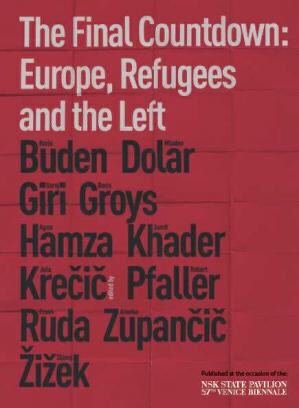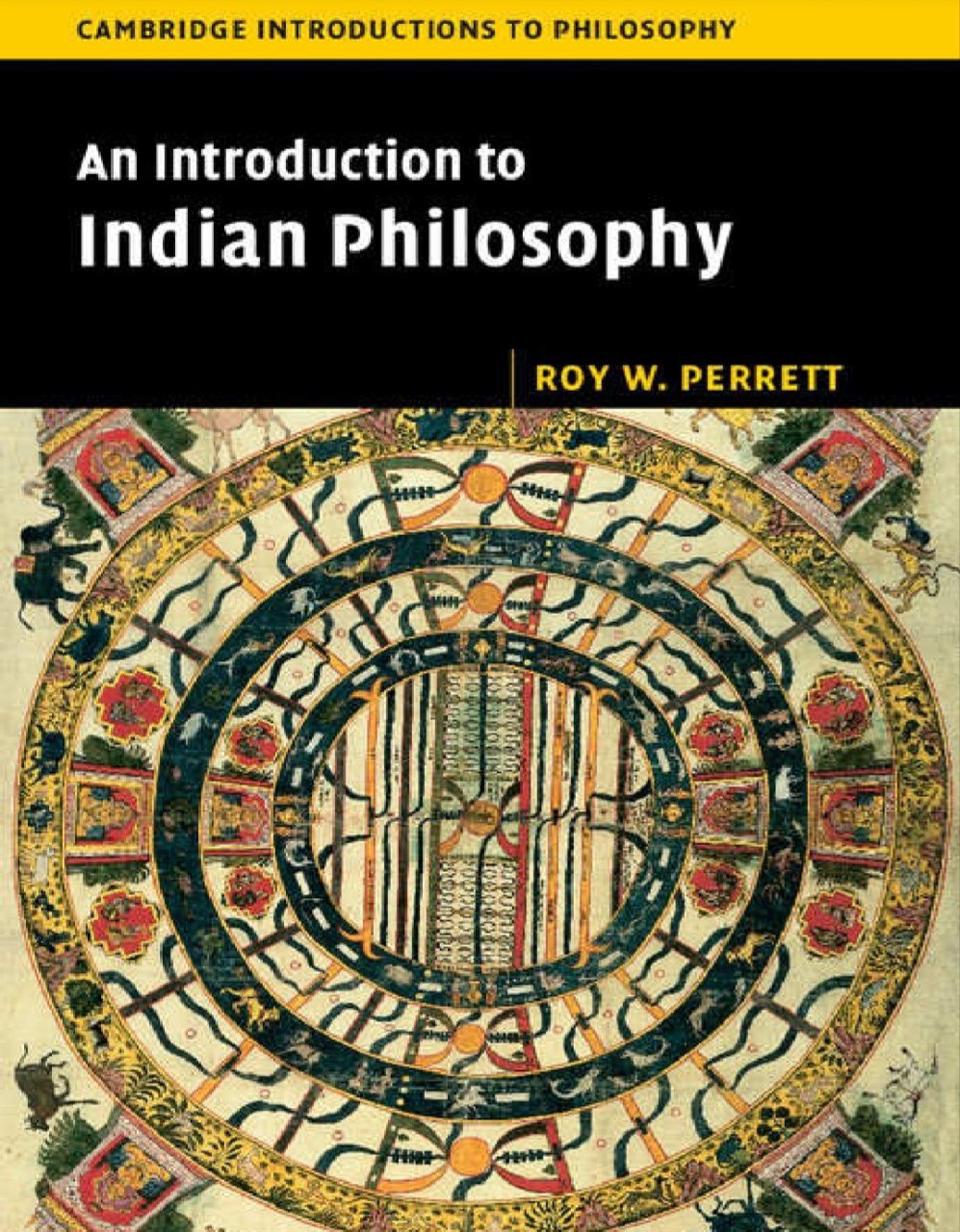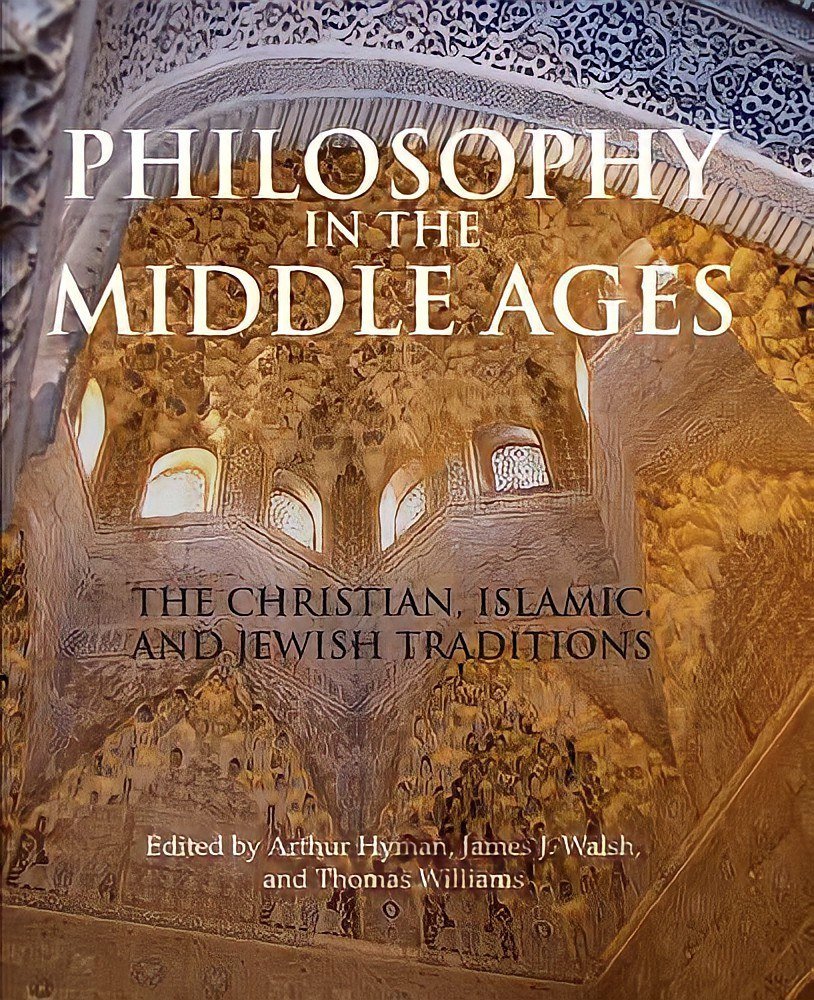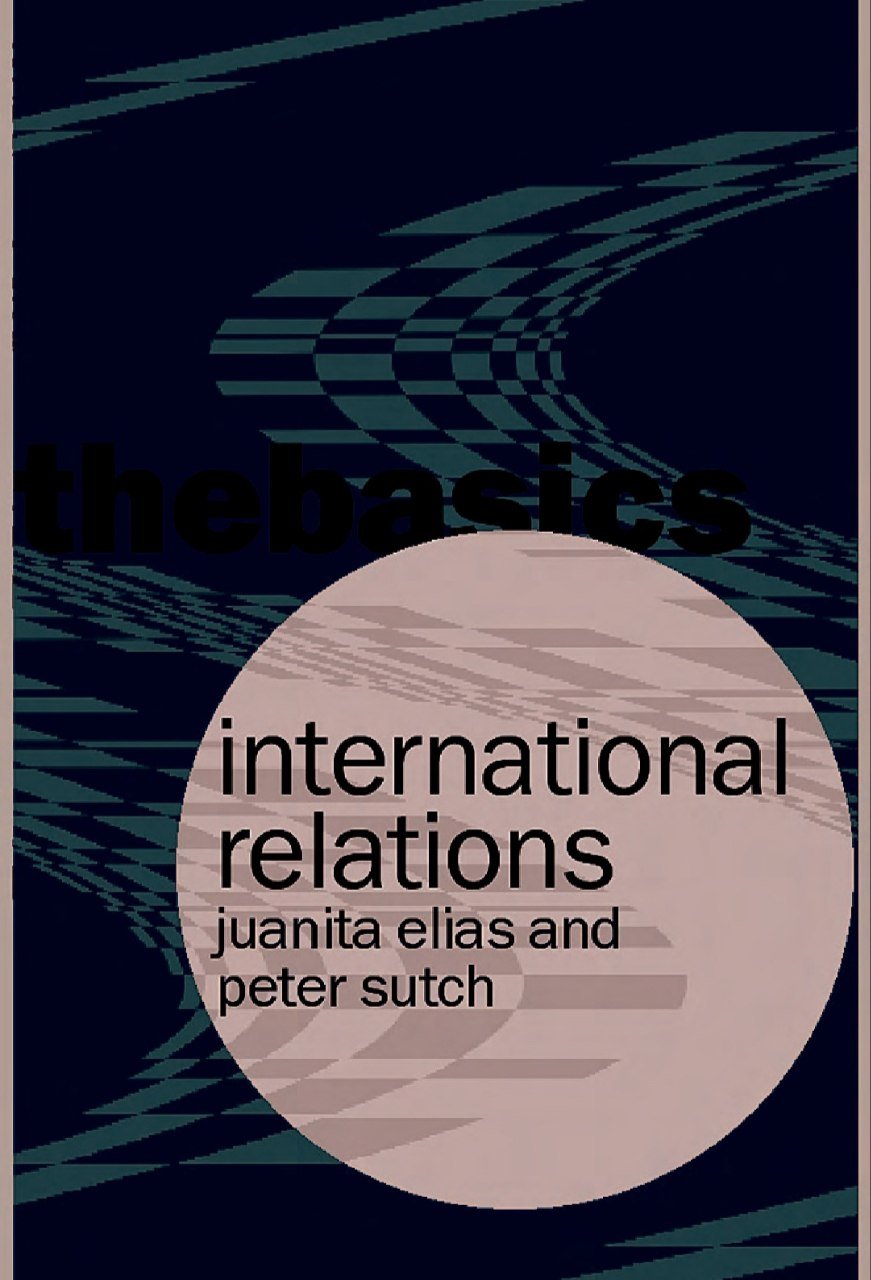

A Discourse on the Origin of Inequality
Reviews
No review yet. Be the first to review this book!
Description
Jean-Jacques Rousseau's A Discourse on the Origin of Inequality is a foundational philosophical work that critiques the social and political structures that lead to human inequality. Written in response to a question posed by the Academy of Dijon, Rousseau explores the transition of humanity from a natural state of innocence to a corrupt, hierarchical society. He argues that in the state of nature, humans were independent, self-sufficient, and lived in harmony, but the development of private property, civilization, and social institutions led to competition, greed, and oppression. He distinguishes between two types of inequality: natural inequality (differences in strength, intelligence, and physical attributes) and moral or political inequality (wealth, social status, and power imposed by human conventions). Rousseau contends that modern society fosters dependence, exploitation, and a loss of authentic freedom. His critique of private property and artificial social constructs influenced later revolutionary thought, socialism, and critiques of capitalism. The work remains a seminal text in political philosophy, shaping debates on human nature, justice, and the origins of societal oppression. 2/2



 May 03, 2025
May 03, 2025















.jpeg)


.jpg)








.jpg)



.jpeg)


.jpeg)
.jpg)





.png)


.jpg)









.jpg)
.jpg)





.jpeg)







.jpg)



.jpg)



.jpeg)







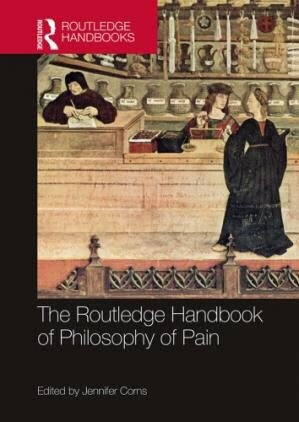
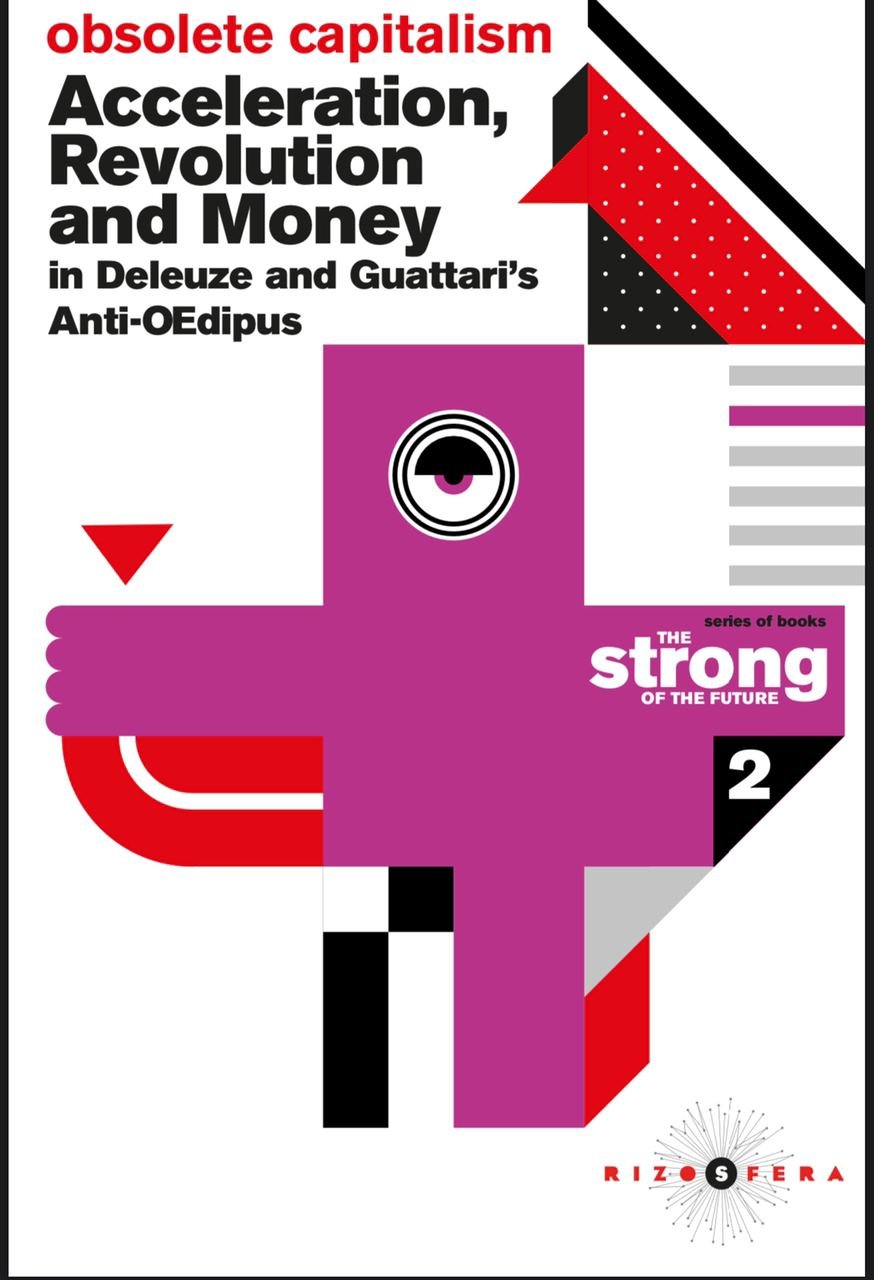







.jpg)
